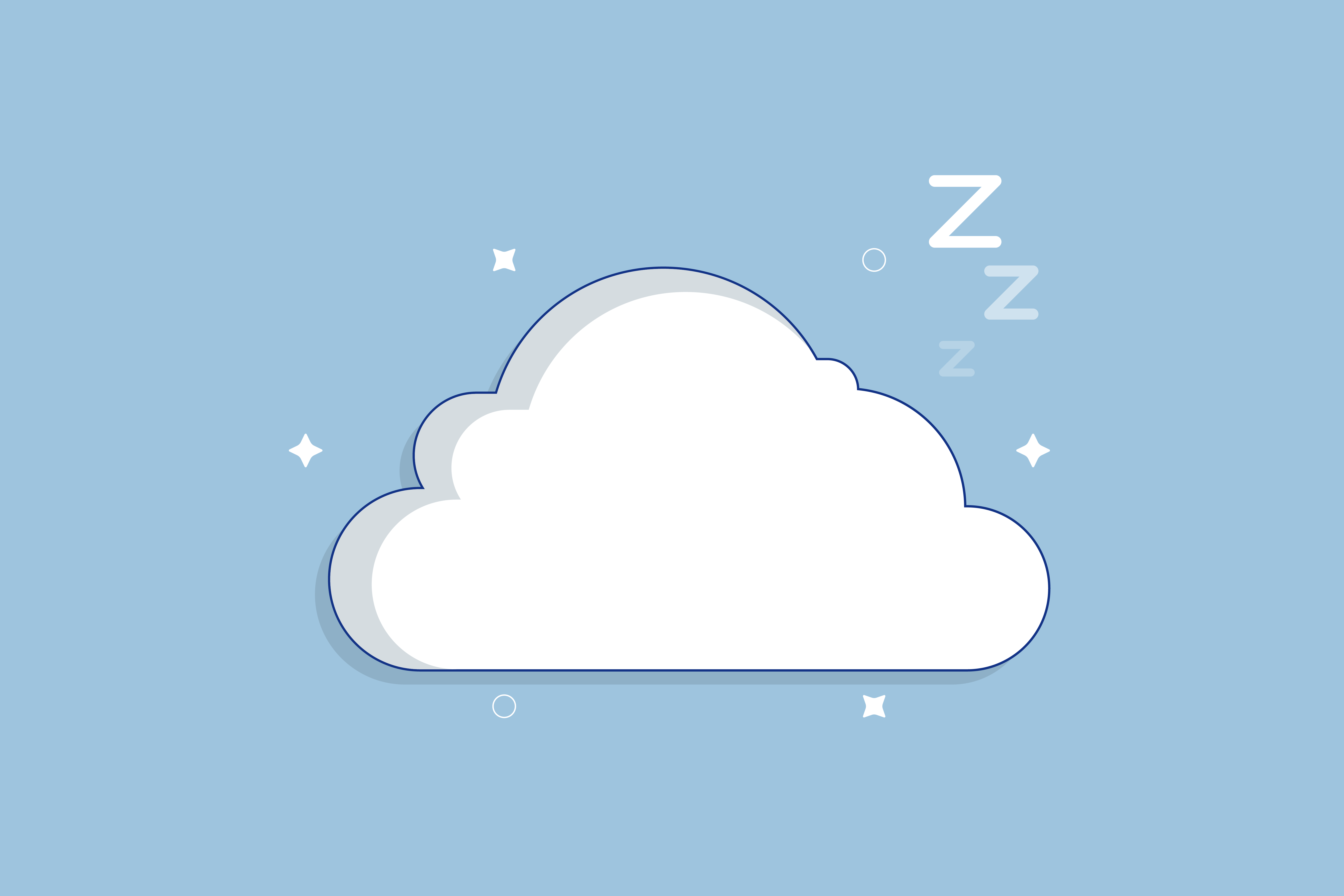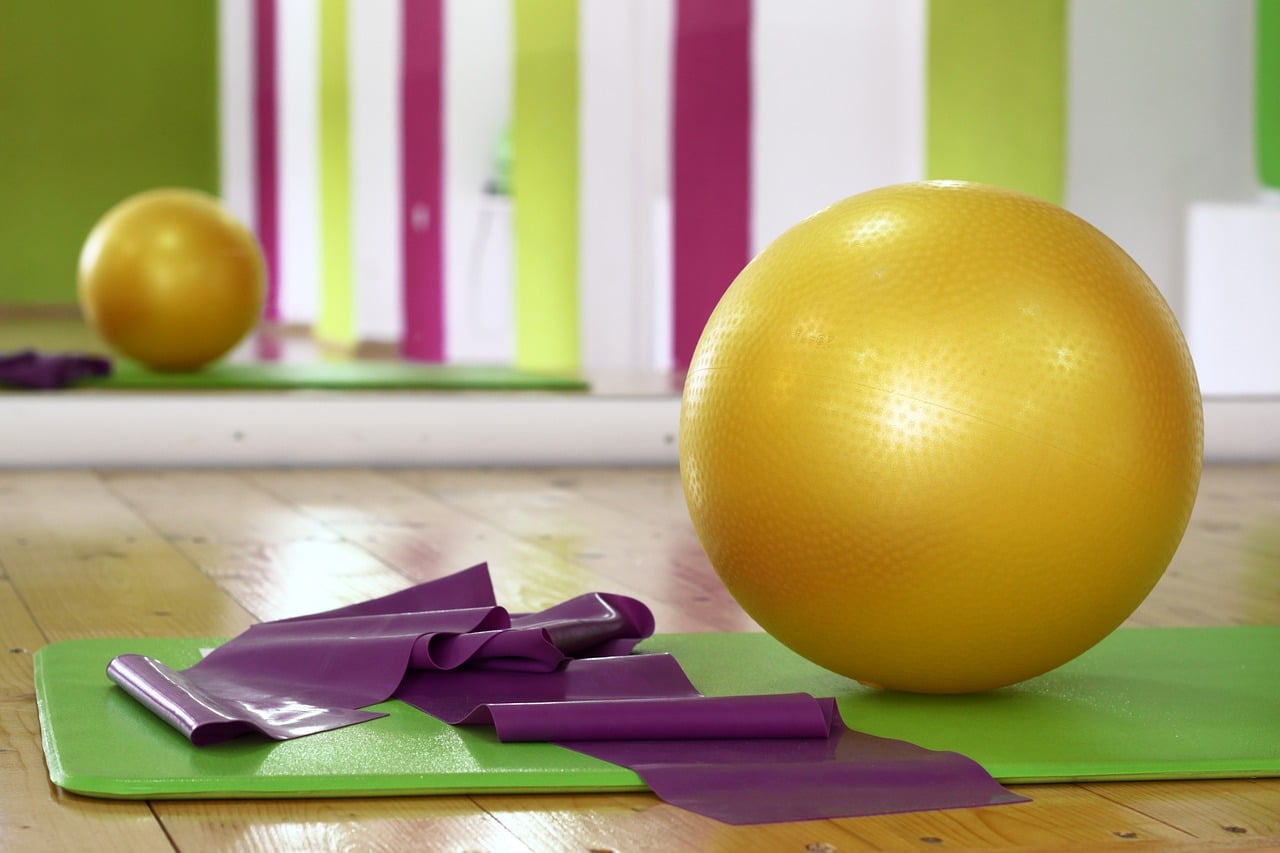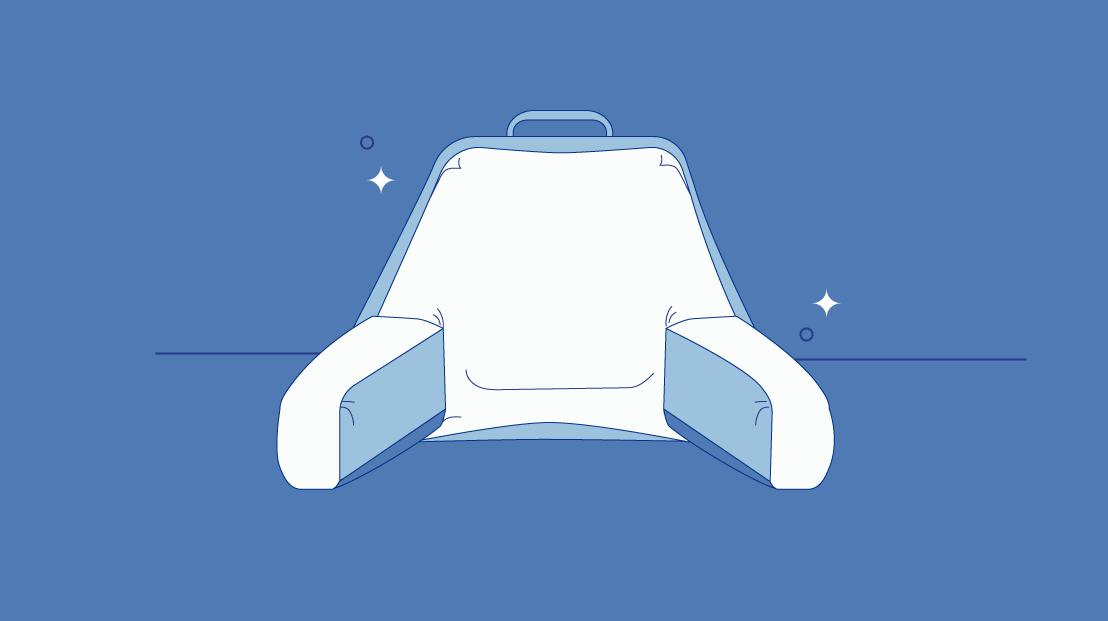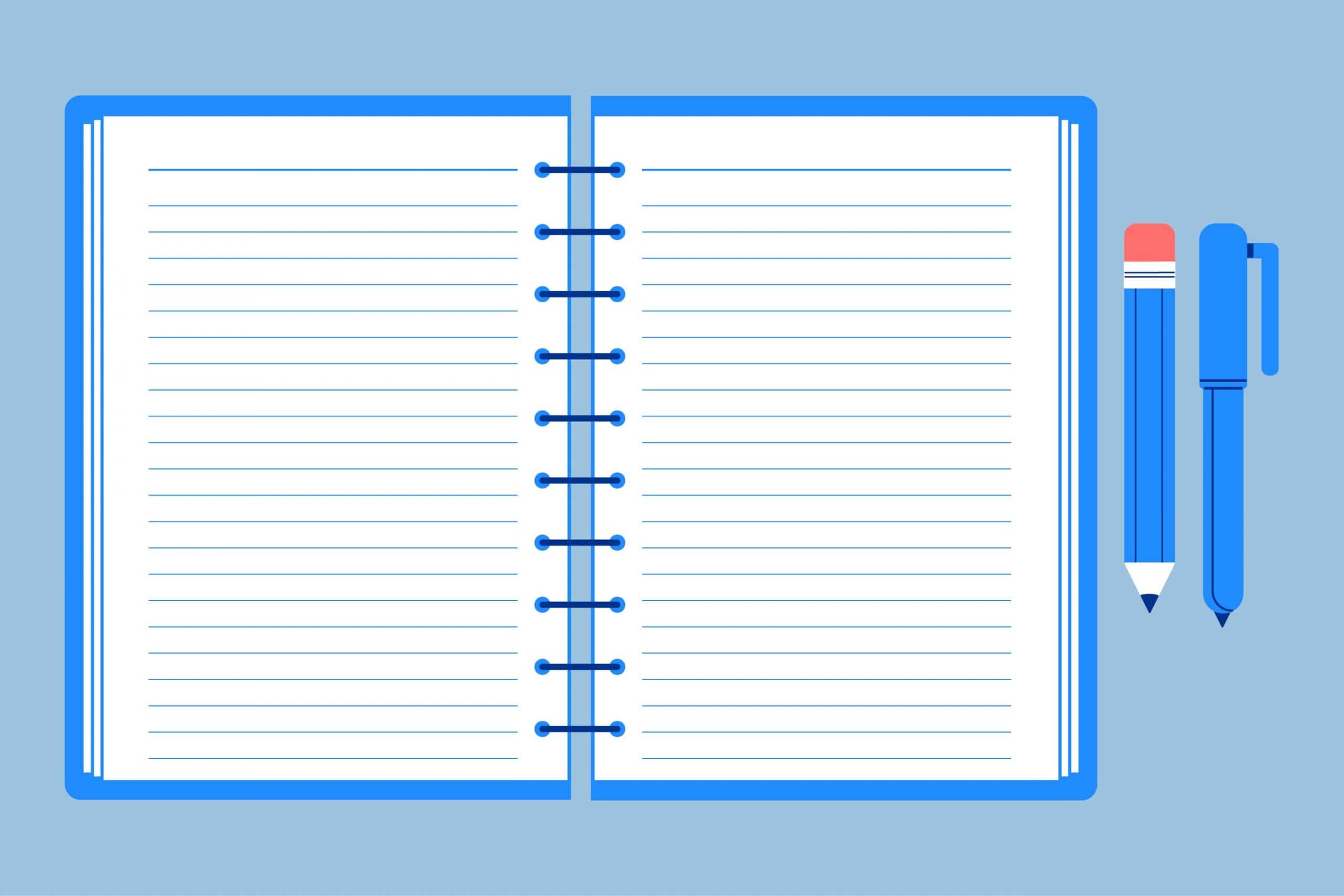If you’ve found yourself counting sheep (or more likely, scrolling through your social media feeds) because you can’t doze off, you might want to reconsider what you know about smart sleeping habits.
Though most of us think we’re experts in the field of Sleep 101—after all, we do it every night!—there’s a wealth of misinformation out there that could be costing you a full night with the Sandman or Sandwoman.
Here, check out six of the most common sleep myths, plus straight-from-the-sleep-science-experts facts to up your odds of getting a great night’s rest.
Sleep myth #1: There’s nothing you can really do about snoring.
Whether the nighttime noisemaker is you or your partner, there are plenty of lifestyle changes you can make to minimize your snores, like losing weight and quitting smoking.
Others are more surprising: One study Verified Source ScienceDirect One of the largest hubs for research studies and has published over 12 million different trusted resources. View source published in the journal Sleep Medicine found that women who maintain a high level of physical activity had fewer complaints about habitual snoring, regardless of factors like weight or smoking.
Research has found that singing apparently helps, too, because it strengthens weak, snore-prone muscles in your throat.
Sleep myth #2: Working out at night will make it harder to fall asleep.
Wrong again. First of all, it’s well known that exercisers sleep better than couch potatoes. And while conventional wisdom says sweating it out close to bedtime can cause you to feel wired up when you hit the sack, newer research suggests otherwise.
The key might just be keeping up the intensity. In a study of 52 Verified Source ScienceDirect One of the largest hubs for research studies and has published over 12 million different trusted resources. View source young adults, participants who went to sleep an hour and a half after a vigorous exercise session slept more deeply and awoke fewer time during the night than moderate exercisers.
Still not convinced? Give it a try and see how you feel. (Placebo sleep, it turns out, is a real thing.) Only 3% of adults say exercising within 4 hours of bedtime causes them to sleep worse, found a 2013 National Sleep Foundation poll. Verified Source National Sleep Foundation Nonprofit focused on educating about sleep health. View source
Sleep myth #3: You can catch up on sleep when you have time.
Here’s one instance where it doesn’t pay to be a weekend warrior. Catching up on a missed hour here or there is doable, says sleep medicine specialist Dr. Raghu Reddy.
But if you’re chronically sleep deprived, logging a marathon sleep session isn’t going to help—and might actually leave you feeling worse.
One Harvard Medical School study Verified Source National Sleep Foundation Nonprofit focused on educating about sleep health. View source found people who sleep an extra 10 hours to compensate for sleeping 6 hours a night for two weeks actually have worse focus and reaction times than if they’d pulled an all nighter and not slept at all.
Sleep myth #4: More sleep is always better.
Most Americans fall short of the recommended 7 to 9 hours of sleep per night. But people who regularly get more than that (we wonder, how is that even possible?) shouldn’t be considered Super Sleepers.
Oversleeping is linked to major health issues like diabetes, heart disease, and depression. It can also cause headaches, and might increase your risk for being overweight.
In one SLEEP study, long sleepers were 25 percent more likely Verified Source Oxford Academic Research journal published by Oxford University. View source to gain 11 pounds over six years than people who slept the average amount. If you notice yourself clocking more sleep than usual, it’s a good idea to see your doctor for a checkup, say WebMD experts.
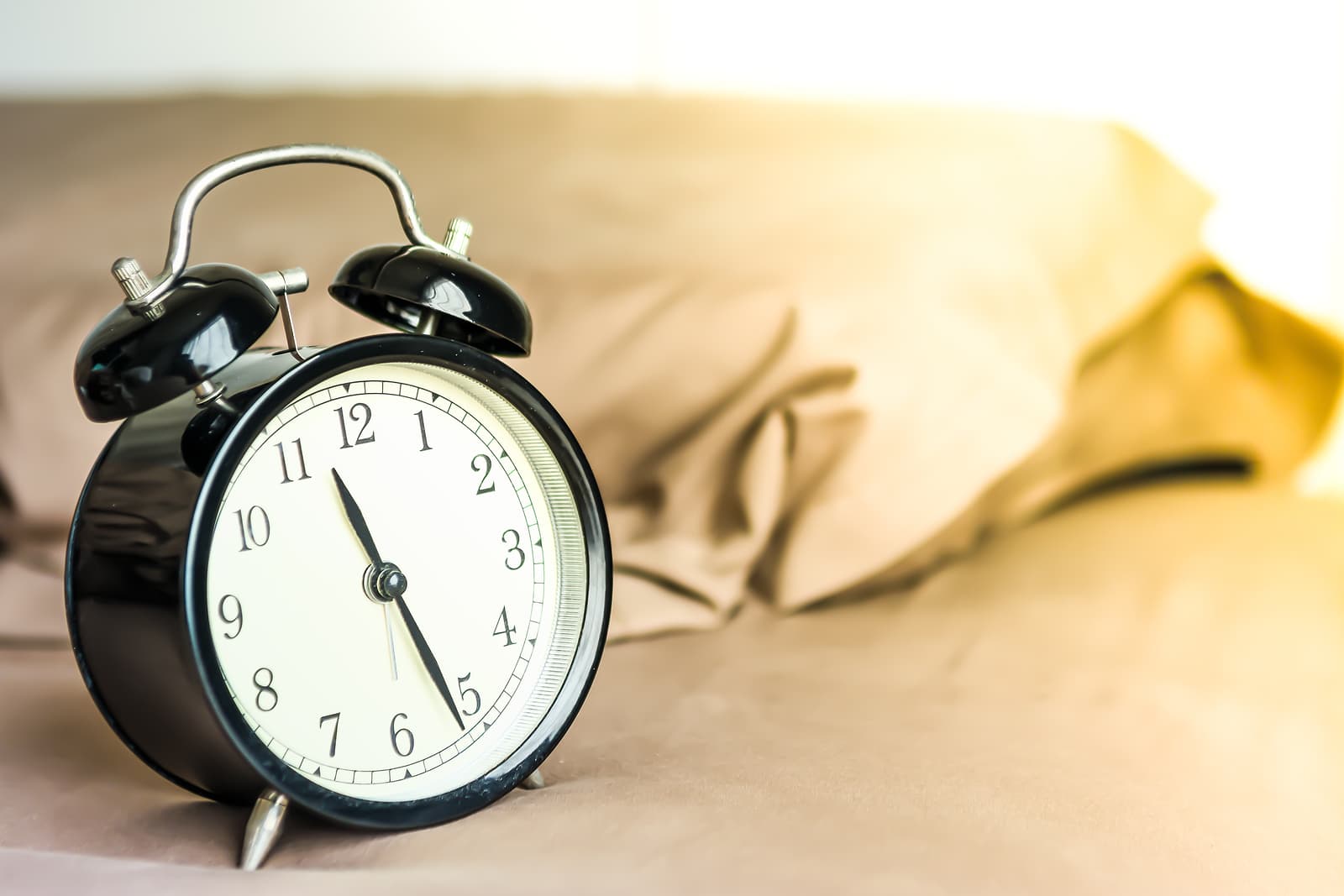
Sleep myth #5: Older people need less sleep.
All adults, no matter how old, need 7 to 9 hours of sleep to function at their best.
But sleep patterns can change with age, causing older adults to wake more frequently during the night and get less nighttime sleep overall, say experts from the National Sleep Foundation. Verified Source National Sleep Foundation Nonprofit focused on educating about sleep health. View source
And because they end up snoozing less at night, they might actually need more sleep during the day in the form of naps.
Sleep myth #6: Hanging out in bed before bedtime helps you get ready to sleep.
Having a bedtime routine can help you unwind from the day’s craziness, making it easier to nod off. But it shouldn’t involve spending tons of time doing activities like reading, watching TV, or catching up in emails in your actual bed.
That’s because associating non-sleep activities with bed can make sleep harder to come by. Instead, use your bed only for sleeping, and do other stuff elsewhere, recommend Harvard health experts. Verified Source Harvard Health Blog run by Harvard Medical School offering in-depth guides to better health and articles on medical breakthroughs. View source
If you can’t fall asleep after 15 or 20 minutes, get out of bed and go do something quiet, like reading, until you start to feel drowsy. For more on creating a relaxing bedtime routine, check out this post on healthy sleep tips.
What sleep myths have you fallen for? Did you sleep better after you learned the facts?
Feature photo courtesy of Flickr, BenMizen, range_of_light and Eflon.
About the author
Marygrace Taylor is an award-winning health writer for Amerisleep. Her commitment to sleep health is evident in her ability to consistently prioritize eight hours of sleep each night. Her in-depth interviews with industry experts, such as Ken Ceder on "Why Light is Essential for Great Sleep and Optimum Health," highlight her dedication to delivering valuable insights. Marygrace's work has been featured in reputable publications like Business Insider, Glamour, Refinery29, Metro UK, and Hunker, further solidifying her expertise in the field.
View all posts